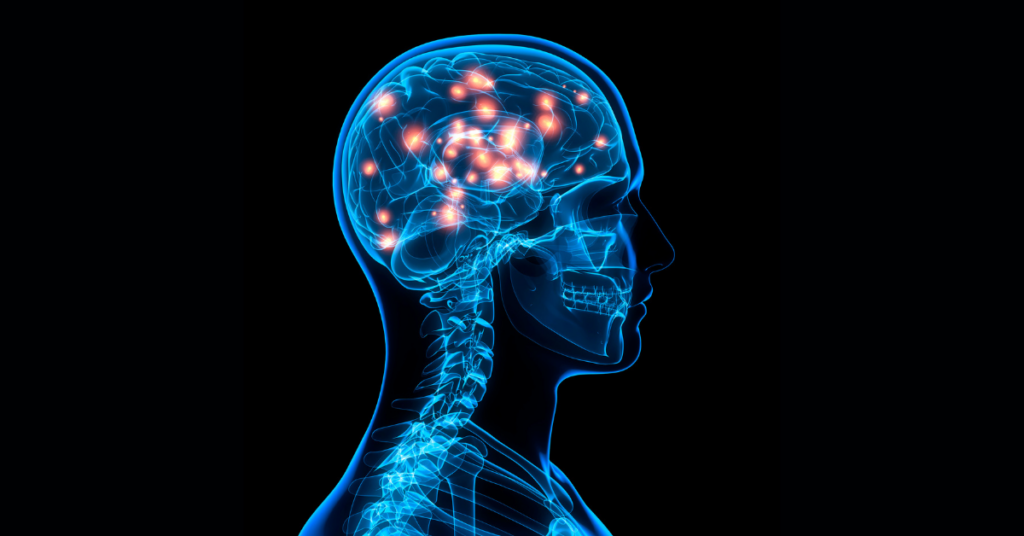Recognizing Acute Symptoms of Traumatic Brain Injury

Acute Traumatic Brain Injury (TBI) is capable of stealthily infiltrating the fortress of the mind with devastating consequences. In the immediate aftermath of a head injury, the body may offer subtle clues signaling the presence of TBI. Recognizing these acute symptoms is paramount, as early intervention can mitigate the severity of long-term consequences. Join us as we embark on a journey to decipher the language of the brain, exploring the telltale signs that herald the onset of TBI.
Understanding Acute Traumatic Brain Injury (TBI)
In the chaotic aftermath of a head injury, the body may sound the alarm, alerting us to the presence of TBI through a constellation of symptoms. While the manifestation of these symptoms may vary depending on the severity and nature of the injury, there are common threads that unite them:
- Headaches: A persistent or worsening headache following a head injury is often a red flag for TBI. These headaches may be accompanied by nausea, vomiting, and sensitivity to light or sound.
- Cognitive Impairment: TBI can disrupt cognitive function, leading to difficulties with memory, concentration, and processing speed. Individuals may struggle to focus on tasks, recall information, or maintain coherent thought patterns.
- Physical Symptoms: Physical manifestations of TBI may include dizziness, balance problems, blurred vision, and fatigue. These symptoms can interfere with daily activities, making simple tasks seem daunting and overwhelming.
- Changes in Consciousness: Loss of consciousness is a hallmark feature of severe TBI, but even mild or moderate injuries can result in alterations in consciousness. Individuals may experience confusion, disorientation, or a brief period of unconsciousness following a head injury.
- Emotional Disturbances: TBI can disrupt the delicate balance of emotions, leading to mood swings, irritability, anxiety, and depression. Individuals may exhibit sudden changes in behavior or personality, further complicating the diagnostic picture.
The Importance of Timely Intervention
Recognizing and responding to acute symptoms of TBI is critical for ensuring prompt and appropriate medical care. Even seemingly mild symptoms should not be dismissed, as they may be indicative of underlying brain injury. Seeking medical attention following a head injury can help prevent complications and facilitate a smoother recovery process.
Empowering Individuals Through Education
Education is a powerful tool in the fight against TBI. By raising awareness about the acute symptoms of TBI and the importance of early intervention, we empower individuals to advocate for their own health and well-being. Together, let us shine a spotlight on the silent intruder that is TBI, illuminating the path towards timely recognition, intervention, and ultimately, healing.
In conclusion, recognizing the acute symptoms of TBI is akin to deciphering a cryptic code, unlocking the secrets hidden within the labyrinth of the mind. By remaining vigilant and attuned to the subtle cues offered by the body, we can navigate the initial waves of TBI with clarity and purpose, guiding individuals towards the shores of recovery and renewal.